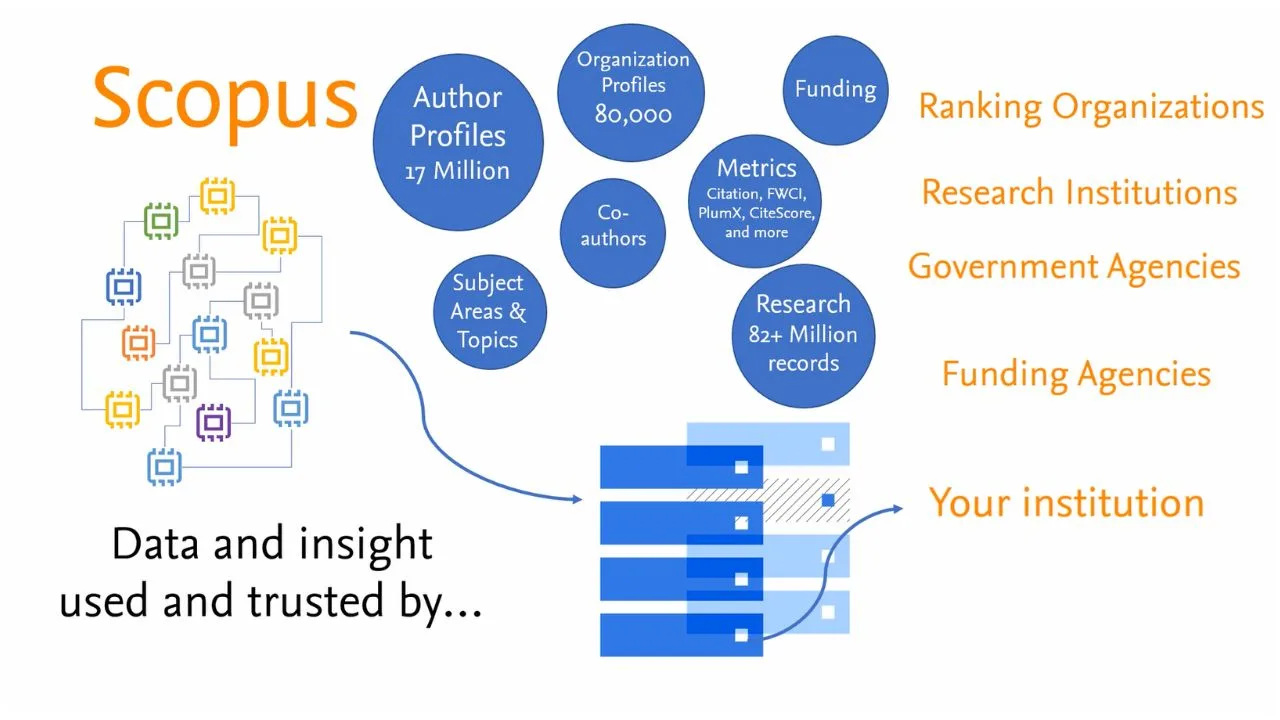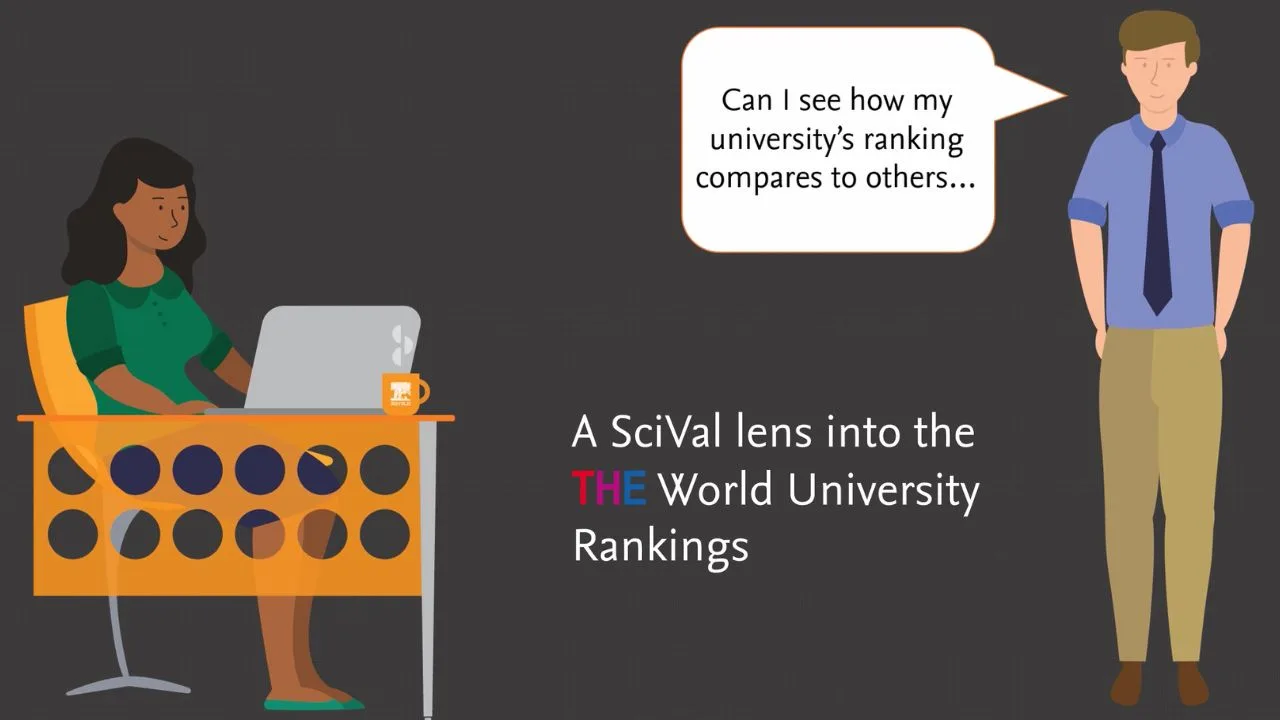Scopus users can easily view and analyze author and institution profiles
Profile owners use online feedback wizards to request updates such as:
Modifying organizational hierarchies
Providing current university contact information
Setting preferred names for departments and colleges
Merging author profiles
Adding and removing documents from author profiles
Updating author affiliation
Watch the video to learn more about Scopus data and contact us to learn more.





